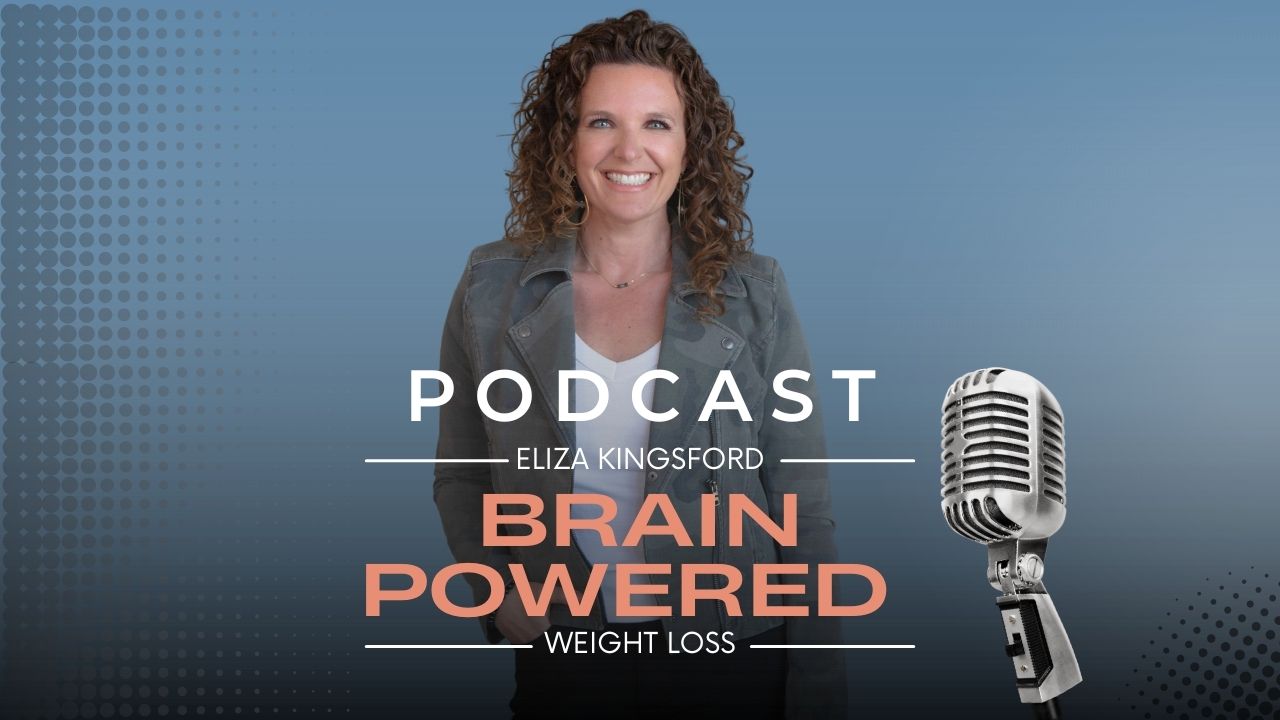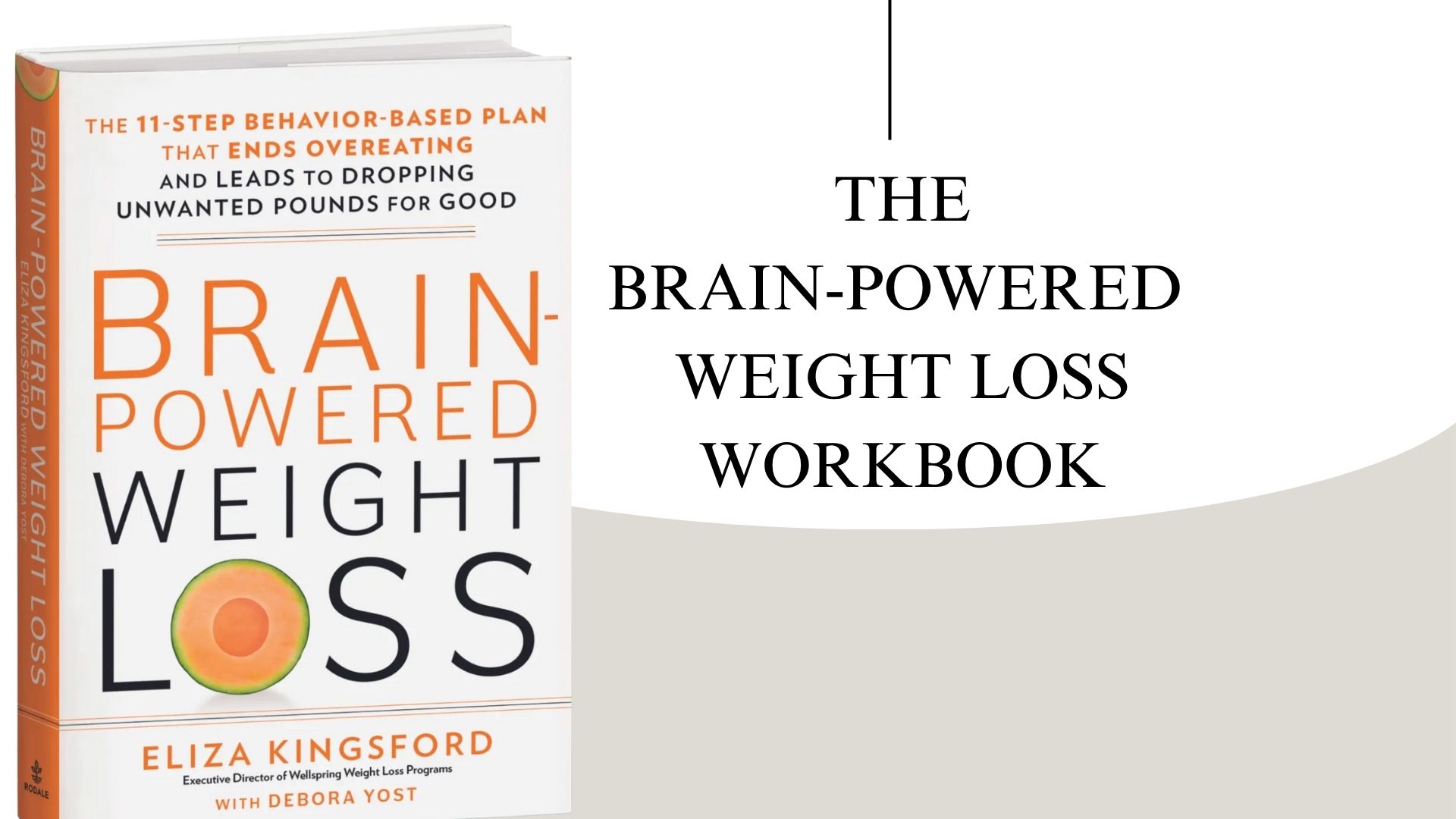
The Neuroscience of Obesity: What New Research Reveals About the Brain and Weight Loss
Aug 29, 2024I think it’s safe to say that, by now, we know that our struggles with obesity in virtually every developed country are more complicated than telling people to just “eat less food”. If only it were that simple.
Why does it seem so easy for some to manage their appetite and food intake but so difficult for others? The media would have us believe it’s about discipline and willpower. However, after doing this work for so long and with so many different kinds of people, I know for certain this isn’t the case. The people who have come to me are some of the most disciplined and hard-working people I have ever met. So what is it, then?
You know I love my science. Research is uncovering critical differences in regions of the brain for those struggling with overweight or obesity, particularly in the hypothalamus—the brain’s appetite control center.
The Role of the Hypothalamus
The hypothalamus is a small but powerful part of the brain. Its job is to manage your body’s energy budget. In order to live each day, your body needs energy. It takes energy to think, to move, to pump your blood, to work your digestion. Everything you do everyday requires energy.
The job of the hypothalamus is to balance the budget of energy that you have (and need) each day. One of the ways it does this is by regulating your hunger and appetite. It responds to signals from the body that tell it how much available energy it has to burn and the body's nutrient levels. The hypothalamus then adjusts appetite and energy expenditure accordingly. Pretty powerful, right?
In people who struggle with obesity, however, the hypothalamus appears to function differently, potentially leading to increased appetite and decreased satiety, which can lead to an increase in food intake.
A 2023 study by researchers at the University of Cambridge found that there was a significant relationship between hypothalamic volume and BMI. In other words, the higher someone’s weight, the higher the hypothalamic volume. This difference may contribute to the persistent hunger that people who struggle with weight experience.
My thoughts on these findings...
Whenever we discover findings that help us understand ourselves better, there are potential opportunities to advance the way we help people. This is a good thing! But we also need to be careful about how we interpret findings like these. For example, one of the questions that arose out of this study is the chicken or the egg question. Did the hypothalamic volume grow BECAUSE of the weight or did the weight increase BECAUSE of the hypothalamic volume? Which came first? We need to know more before we can start making assumptions about how to use this information. We also need more human trials replicating the same results before we can truly understand what the data means, but this is how all science works - it’s a slow and steady process and we have to be careful not to over inflate the meaning of the data. We also have to be careful not to jump to the conclusion that a pill that controls the volume of the hypothalamus would be the solution (as companies tend to do).
Here is the long-short of my interpretation of these findings.
Scientists continue to conduct A LOT of research on the causes of obesity and weight gain. Still, we have yet to discover anything other than food intake and energy expenditure that truly dictates our weight.
Yes, we have discovered things that make it harder for some people to manage food intake (like inflammation, stress, ultra-processed foods, lack of muscle mass and more). But when we really boil down these challenges, we find we’re overeating. Period. And I help people find all the ways we are doing this without even knowing we are. Even when we’re SURE we’re not!
This is why I focus on helping people retrain their nervous system to mindfully and sustainably regulate their food intake so that they can lose the weight they want without living a life they hate.
What’s Next
If this message resonates, if you’ve realized your weight struggle runs deeper than diets—it’s time to heal what’s really underneath. I want to personally invite you to watch the Master Your Weight Loss Workshop for yourself - free!
This isn’t another plan. It’s a shift in identity. And for thousands of women, it’s the beginning of freedom.
👉 You can watch by clicking this link here
🎧 Want More Like This?
If you're ready to go deeper into behavior change, emotional regulation, and sustainable weight loss, don’t miss The Brain Powered Weight Loss Podcast, hosted by me - Eliza Kingsford.
Each episode breaks down the neuroscience behind food patterns, cravings, and mindset shifts — so you can finally understand why you get stuck, and what to do about it.
Click here to start listening now
💬 Let’s Keep the Conversation Going
If something in this post resonated with you, you're not alone — and you don’t have to figure it out alone either.
As a licensed psychotherapist, behavior change specialist, and expert in the neuroscience of lasting transformation. I've helped thousands of people, regulate their nervous systems, and finally gain control over food and their bodies — not through willpower, but through proven, science-backed methods - offering a path to sustainable change that actually works - not just for your body, but for your whole self.
👉 Ready for deeper support? I welcome hearing from you. Send me an email: [email protected].
And if you're looking for a safe place to heal your relationship with food, body, and self — you're in the right place. I'm so glad you’re here.


